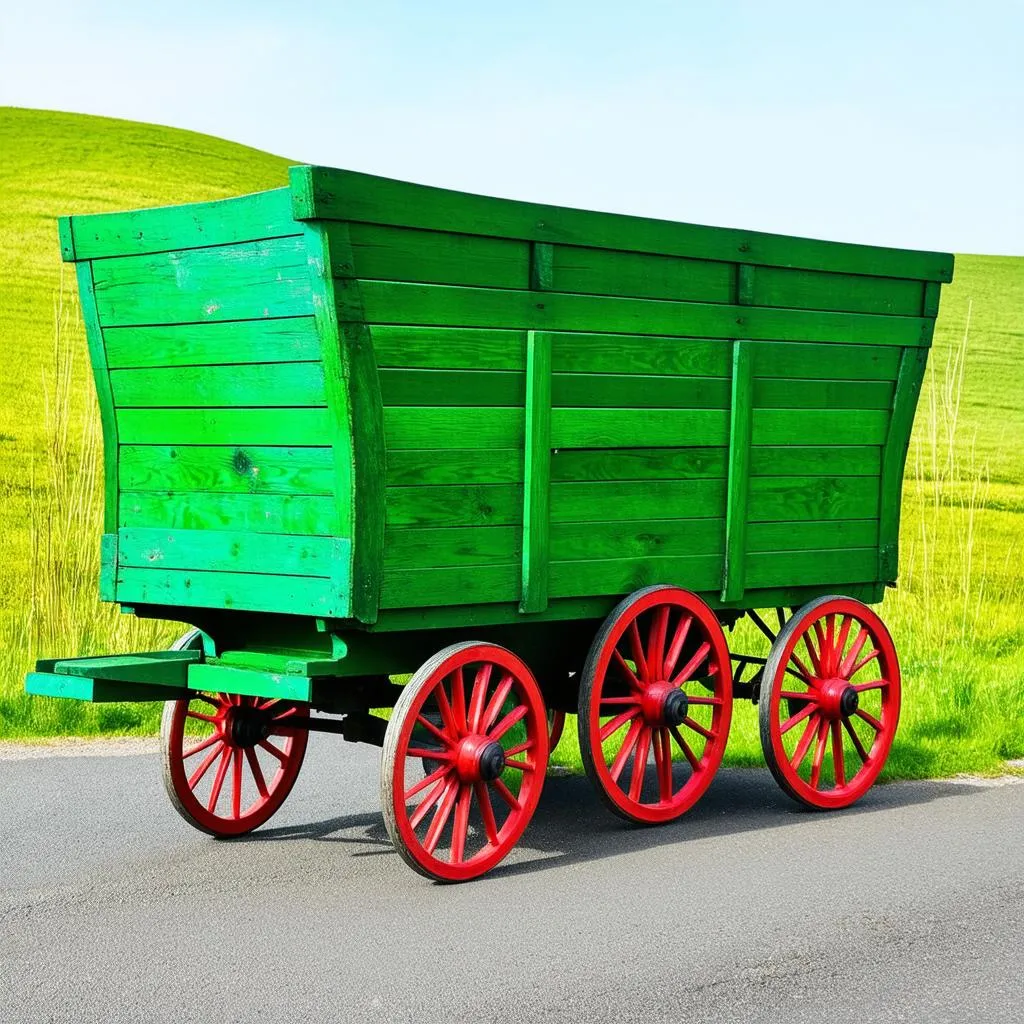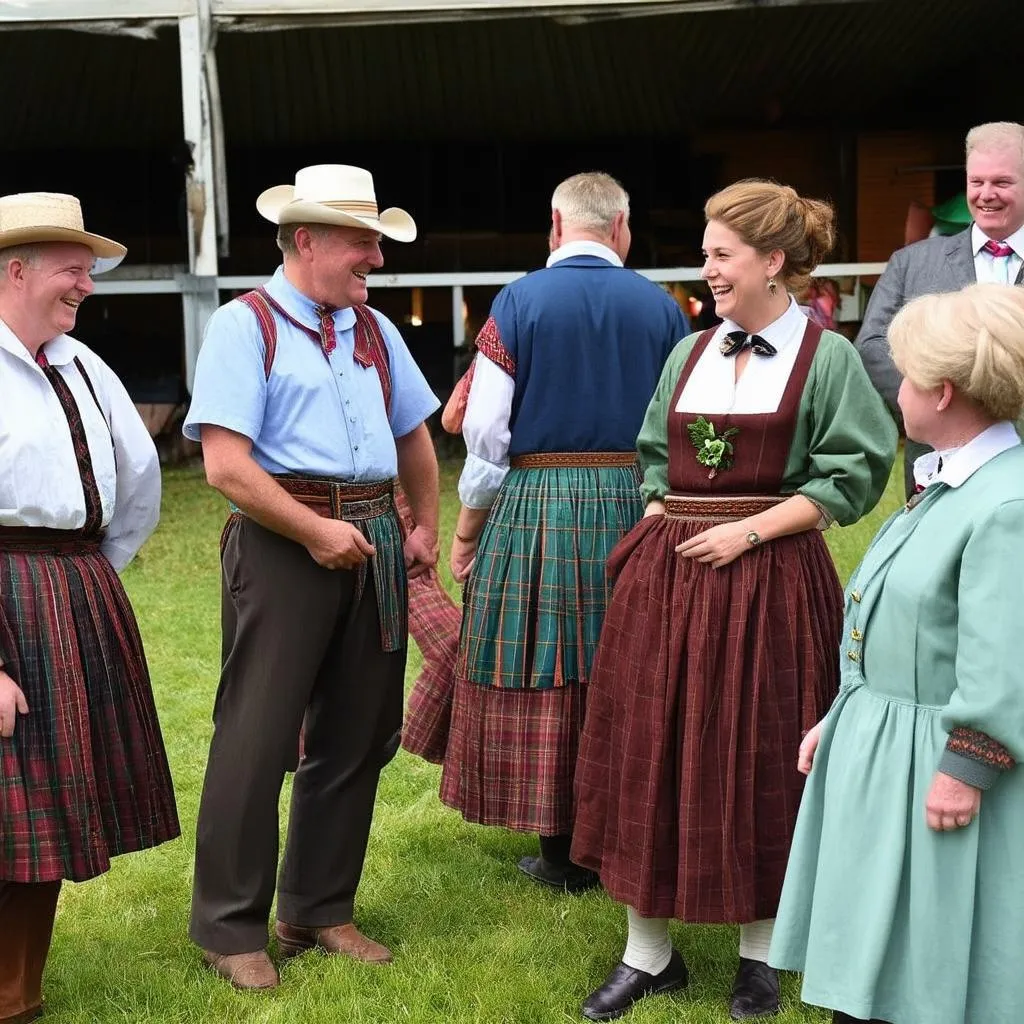Have you ever heard the enchanting melodies of traditional Irish music drifting from a brightly painted caravan? Or perhaps you’ve witnessed the lively spirit of a horse fair in the Irish countryside? These experiences often intertwine with the rich cultural tapestry of Irish Travellers, a distinct ethnic group deeply woven into the fabric of Ireland.
Unveiling the Identity of Irish Travellers
Irish Travellers, often referred to as Pavee or Mincéirs (meaning “the travelled people” in the Shelta language), are a traditionally nomadic group with a long and storied history in Ireland. While their origins are debated, many scholars suggest they’ve inhabited the island for centuries, their heritage possibly interwoven with early Romani groups or itinerant populations of Ireland.
A Life on the Move: Tradition and Modernity
Traditionally, Irish Travellers journeyed throughout Ireland, often engaging in seasonal work such as horse trading, tinsmithing, or agricultural labour. Their lives were deeply connected to nature, their movements dictated by the rhythm of the seasons and the availability of work.
While some families maintain a nomadic lifestyle, many have settled in permanent homes, particularly in urban areas. This shift has brought both challenges and opportunities, leading to a dynamic interplay between preserving their cultural heritage and adapting to modern Irish society.
 Irish Traveller Caravan
Irish Traveller Caravan
Debunking Myths: Understanding Irish Traveller Culture
Irish Traveller culture is rich in tradition, music, and a strong sense of family and community. Unfortunately, they have often faced prejudice and discrimination, fuelled by misconceptions and stereotypes. Let’s shed light on some common questions:
What language do Irish Travellers speak?
While English is widely spoken, many Irish Travellers also use Shelta, a unique language passed down orally through generations. Shelta is a fascinating blend of Irish Gaelic, Romani influences, and unique linguistic elements developed within the community.
What are some important aspects of Irish Traveller culture?
Family and community are paramount to Irish Travellers. Traditional values such as respect for elders, storytelling, and hospitality are deeply cherished. They also have a rich tradition of music and dance, with fiddle playing and sean-nós singing holding particular significance.
Planning a Respectful Encounter:
If you’re interested in learning more about Irish Traveller culture, remember to approach with sensitivity and respect. Attending a cultural event organized by Traveller groups can provide valuable insights. However, avoid approaching individuals or families in a way that might be intrusive or disrespectful.
 Irish Travellers at Horse Fair
Irish Travellers at Horse Fair
Irish Travellers: A Vital Part of Ireland’s Story
Understanding Irish Travellers is key to understanding the multifaceted tapestry of Irish culture and heritage. Their story is one of resilience, adaptation, and a deep connection to their traditions. As you travel through Ireland, be sure to remember the contributions of this unique community, and perhaps their story will inspire you to seek out the hidden gems of cultural diversity wherever your travels may lead. For further exploration of Irish Traveller culture and heritage, be sure to visit the related articles on our website:
We encourage you to share your thoughts and experiences in the comments below. Have you encountered Irish Traveller culture during your travels? What resonated with you most? Let’s continue the conversation and celebrate the beauty of cultural diversity together.